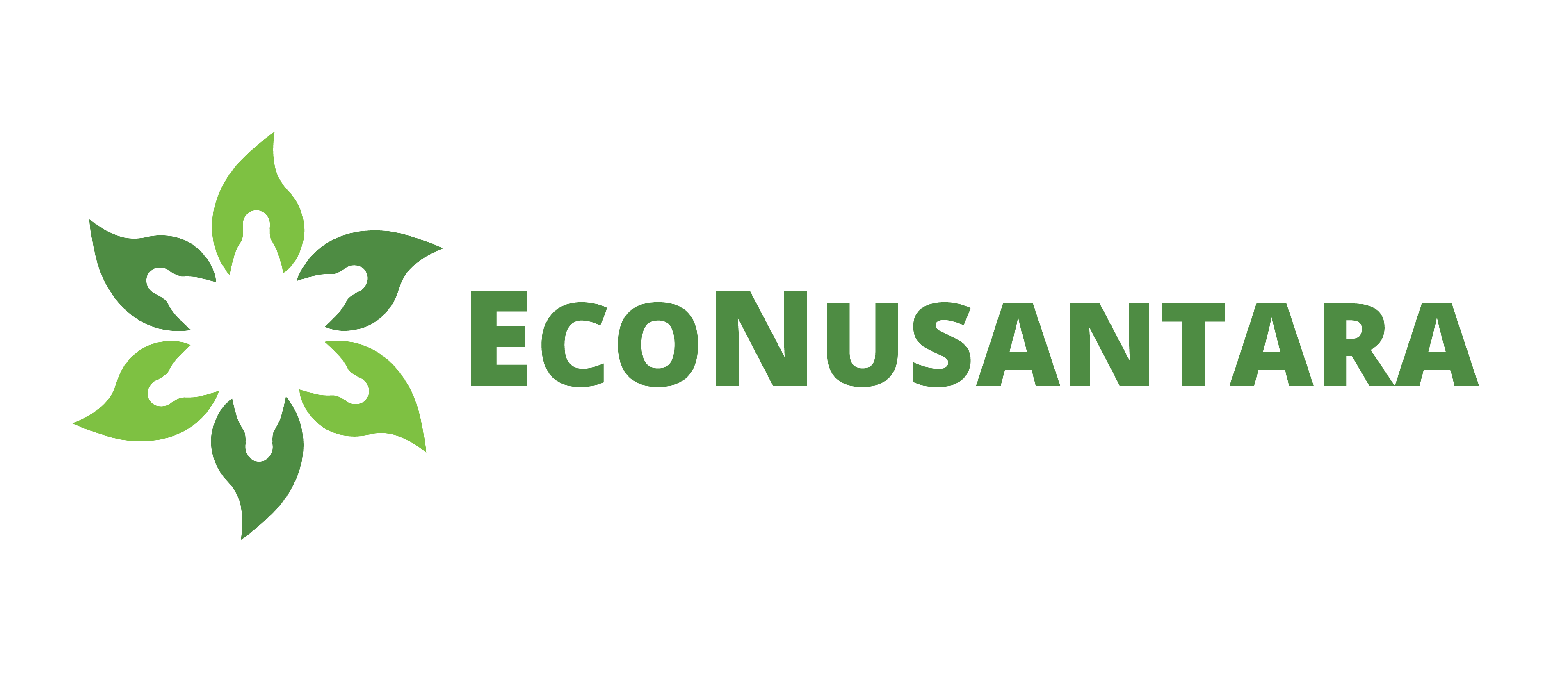Jakarta, March 25th, 2025
AAL 3-Year Action Plan as Follow up on Third Party Verification Report (1st Semester)
Executive Summary
Following EcoNusantara’s (ENS) verification of a grievance filed by Friends of the Earth/Walhi against three PT Astra Agro Lestari Tbk (AAL) subsidiaries—PT ANA, PT Mamuang, and PT LTT—AAL developed and launched an Action Plan on June 20, 2024, to address the recommendations outlined in the ENS report. AAL re-appointed ENS to assist the development of the action plan and to ensure that the action plan is implemented transparently with a participatory approach based on FPIC principals throughout the process. The Plan was developed transparently with inputs from key stakeholders and academic experts and its implementation adheres to AAL’s grievance management procedure, emphasizing transparency, inclusive engagement, and measurable outcomes. Central to this approach is collaboration with local communities, village officials, and leaders to ensure concerns and perspectives directly inform remediation efforts. Regular consultations, particularly with impacted groups, remain a priority at every stage of the process, ensuring that they adequately capture the community’s needs and concerns.
During the first semester of the Action Plan’s implementation, we conducted a joint field visit with Robertsbridge and ENS as independent consultants on 1-2 October 2024. This visit aimed to directly observe the progress and execution of the Action Plan on the ground. Facilitated by ENS, we organized meetings with key stakeholders, including academics from UNTAD (University of Tadulako), to review and provide feedback on the Action Plan, as well as local civil society organizations (CSOs) to explore opportunities for constructive collaboration in promoting sustainable palm oil and addressing field-level issues (30 September, 3-4 October 2024).
As part of our commitment to transparency, we held one-on-one meetings with key stakeholders in Bangkok from 11-13 November 2024. Additionally, a Stakeholders Workshop was convened in Singapore on 12-13 December 2024 to share progress and gather feedback. These engagements ensured that all relevant parties were informed and involved in the implementation of the Action Plan.
As we move forward to continuously implement the action plan on the ground, it is important to highlight the challenges encountered thus far. This context would be beneficial in understanding the project as a whole, and the dynamics on the ground may affect the planned activities and contribute to deviation from the targeted timeline. Like all social issues and programs involving communities of different backgrounds and trust levels to outsiders and companies, the implementation of the Action Plan would depend on relationships and the willingness of the people on the ground to actively take part in the activities. These are not only directly with communities impacted but also stakeholders who influence these communities. We caution ourselves and the stakeholders not to expect speedy results and that it is more important to get the communities’ and stakeholders’ buy-in for the project than the implementation of the project itself – to ensure the long-term sustainability of the project. We encourage all parties to refrain from pre-judgment and allow progress on the ground to take place. In addition, we believe that cooperation – and most importantly sharing of data – between CSOs who partner with communities, including campaigning NGOs is very important. In ENS-led verification report they highlighted the fact that there are discrepancies between their findings between the NGOs. Therefore, it cannot be understated how important it is for all parties, particularly Walhi & FoE, to engage constructively on a roundtable and share more concrete evidence with AAL and ENS.
Progress has been systematically reported through two prior updates, and this third report—requested by stakeholders—further details achievements, ongoing efforts, and challenges encountered in 2024, underscoring AAL’s commitment to accountability and sustainable improvement. In general, we have identified a few challenges related to external variables such as governance issues, lack of willingness from some stakeholders to engage, unclear bases for some of the land claims, and other legacy issues. AAL has also identified the general pathway forward such as maintaining an open-door policy for stakeholders (including Walhi/FoE), engaging local CSOs, government officials and academics, and continuing to refine its community engagement and empowerment programs to take into account the lessons learnt thus far.

